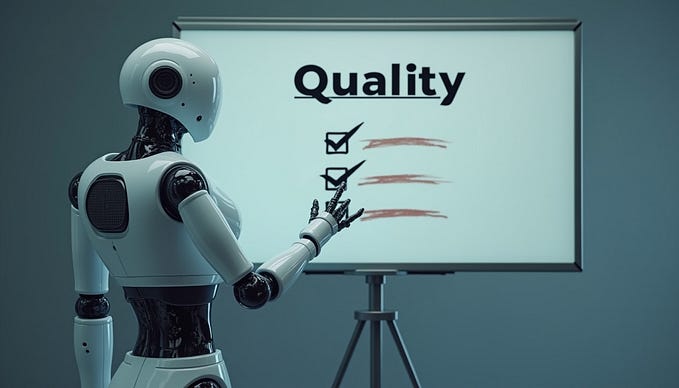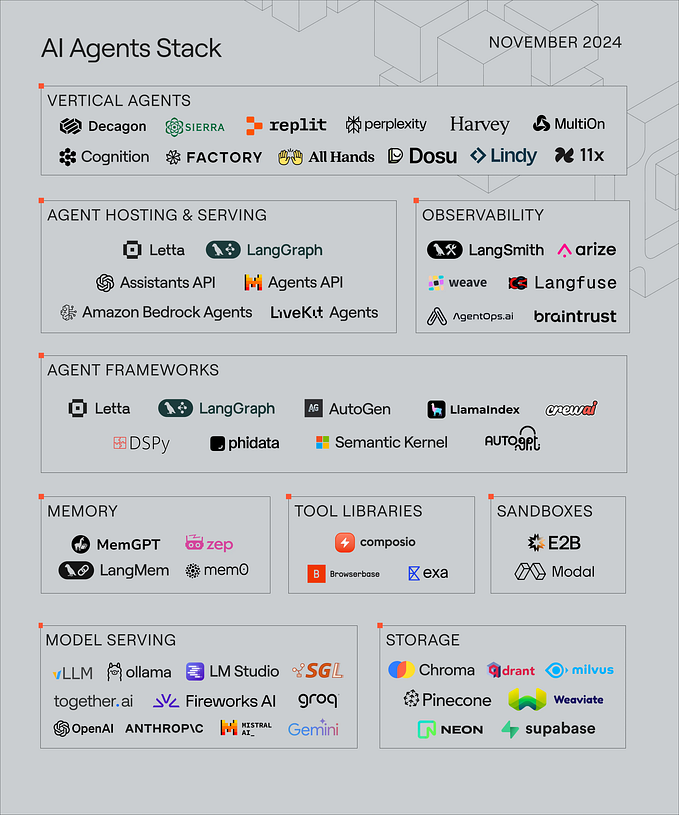The Impact of Generative AI Across Industries: A Deep Dive
Having worked across multiple companies and sectors like Fidelity Investments in finance, Target in retail, UR Medical in healthcare, Expertrons in education, and Buffalo Solar in energy, I’ve observed firsthand the transformative potential of technology on business processes. With the advent of generative AI, we’re witnessing an unprecedented wave of innovation that reshapes how companies operate and deliver value. In this article, I’ll explore how generative AI is driving these changes in different industries.

Healthcare: From Manual Processing to Predictive Excellence
Generative AI is revolutionizing the healthcare sector by creating synthetic medical records that train predictive models for diagnostics and administrative tasks. For instance, companies are using AI to generate detailed synthetic patient data to enhance machine learning models for personalized treatment plans and expedite insurance claims processing. This shift not only reduces manual labor but also improves the precision of healthcare services, leading to better patient outcomes and streamlined operations.
Finance: Enhancing Efficiency and Reducing Risk
Financial institutions now utilize generative AI to create synthetic financial data for training fraud detection algorithms and simulating market conditions for better risk management. JPMorgan Chase’s COiN platform, for example, leverages AI to automatically interpret commercial loan agreements, reducing review time from 360,000 hours of manual labor to just seconds. This transformation enhances efficiency, reduces risk, and allows financial professionals to focus on higher-value tasks.
Retail: Optimizing Supply Chains and Enhancing Customer Experience
Retailers like Amazon are leveraging generative AI to optimize supply chains by predicting demand patterns and generating synthetic data for testing inventory algorithms. This technology significantly reduces stockouts and overstock situations by providing more accurate forecasts and simulations. As a result, retailers can better manage inventory, reduce costs, and enhance the overall customer experience by ensuring product availability.
Education: Scaling Personalized Learning
Educational platforms now use generative AI to create personalized learning experiences. AI-generated content, such as tailored tutoring programs and interactive educational materials, caters to individual learning paces and styles. Companies like Coursera use AI to recommend courses and generate content to enhance student engagement and learning outcomes. This approach not only makes education more accessible but also ensures that learning experiences are customized to meet the needs of each student.
Energy: Improving Efficiency and Reliability
The energy sector is leveraging generative AI to optimize the design and placement of renewable energy installations. Siemens, for example, uses AI to generate optimized designs for wind turbines and solar panels, improving efficiency and reducing costs. Predictive maintenance powered by AI-generated simulations also helps prevent equipment failures, ensuring a more reliable energy supply. This application of generative AI supports the transition to sustainable energy sources while enhancing operational efficiency.

Generative AI is transforming industries by automating complex tasks, enhancing predictive capabilities, and providing personalized experiences. In healthcare, finance, retail, education, and energy, this technology is driving significant improvements in efficiency, accuracy, and customer satisfaction. As we continue to explore the potential of generative AI, it’s clear that its impact will only grow, offering new opportunities for innovation and growth across various sectors. What are some areas where you’ve seen AI make a difference?








